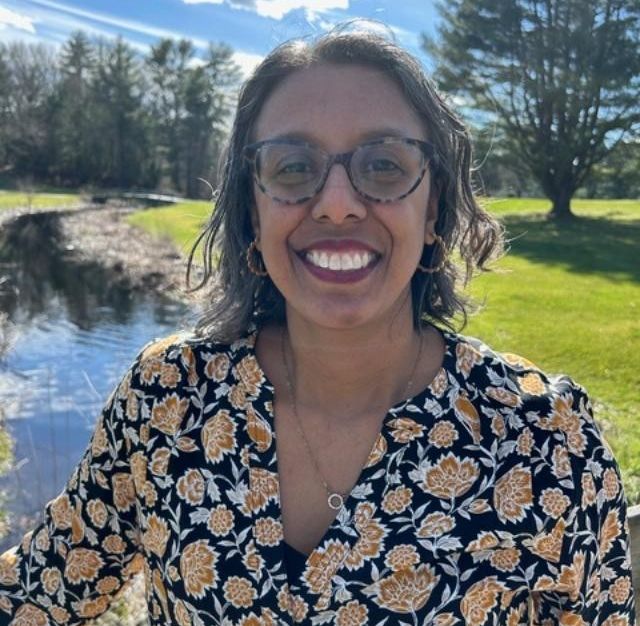Shoumita Dasgupta on bias, belonging, and the future of science

Shoumita Dasgupta, a professor of medicine at Boston University, will speak about her book “Where Biology Ends and Bias Begins: Lessons on Belonging for Our DNA” at The Colonial Theatre in North Canaan on April 17.
Provided
 Provided
Provided





 lakevillejournal.com
lakevillejournal.com 








